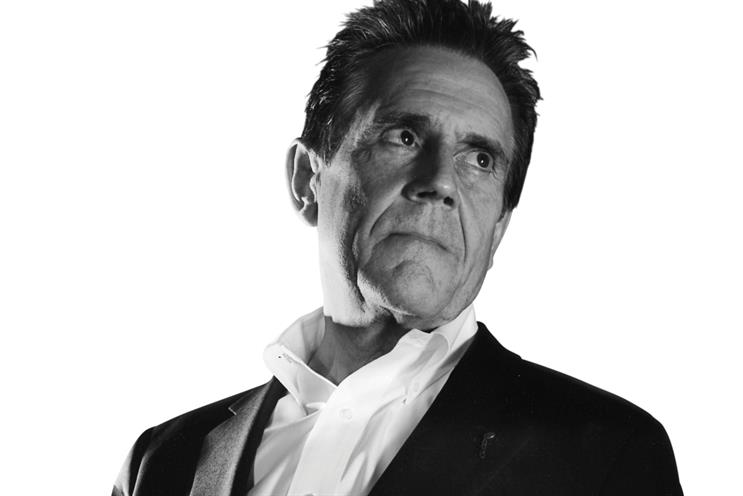In 1762, Jean-Jaques Rousseau wrote the book The Social Contract.
He explained the contract that each individual has with the state.
The main point of this contract is that each person gives up their freedom to the state in order to receive total protection provided by the state.
This is pretty much the way civilisation operates.
Put simply, people aren’t free to choose to do whatever they feel like.
They must obey the law.
But the good news is, it’s the people who make the law.
Rousseau saw it this way "Obedience to a law one prescribes to oneself is freedom."
So the law is simply an expression of the general will of the people.
Everyone helps make the law, so the law must be the general will.
And of course, we can’t choose to ignore the law if we don’t like it.
Rousseau put it this way: "Whoever refuses to obey the general will shall be constrained to do so by the whole body, which means nothing other than that he shall be forced to be free."
So that all sounds fair.
The law will be made by the general will of the people.
The law is in the best interests of the people.
The law must therefore be enforced upon everyone.
The only problem is, who decides what the general will of the people is?
Thirty years later, in 1794 in Paris, Maximillian Robespierre decided only he knew the general will of the people.
Robespierre took control during the French revolution.
In 12 months, in order to protect the general will of the people, he sent 2,639 of the people to the guillotine.
That period was known as "The Terror".
Robespierre didn’t see that name as a bad thing.
He said "Terror is a consequence of the general principal of democracy applied to the pressing needs of the country."
So basically, the people didn’t really know what the general will was, only Robespierre knew what the general will was.
Robespierre had initially been an advocate of free speech, of every individual’s right to air their views.
But immediately he achieved power one of his first acts was to execute Desmoulins and Herbert, the editors of two radical free speech journals.
The champion of freedom of speech became the champion of censorship.
Today, this is what we find with political correctness.
What began as a right to question language and its use has become censorship.
Now, in the UK and the US, people can even be fired for using language that is deemed to be politically incorrect.
But who makes the decisions as to what is and isn’t correct?
The people who have decided that only they know what is good for everyone.
Only they represent the general will of the people.
So whatever they believe must become the law because it represents the general will.
They alone know what’s best for everyone, so the people must be governed by their law whether they like it or not.
But Rouseeau’s original concept for the social contract was as follows: "Obedience to a law one prescribes to oneself is freedom."
Well I don’t remember prescribing to a law on political correctness.
That’s how a society shifts from a democratic to an elitist structure.
Dave Trott is the author of Creative Mischief, Predatory Thinking and One Plus One Equals Three.


